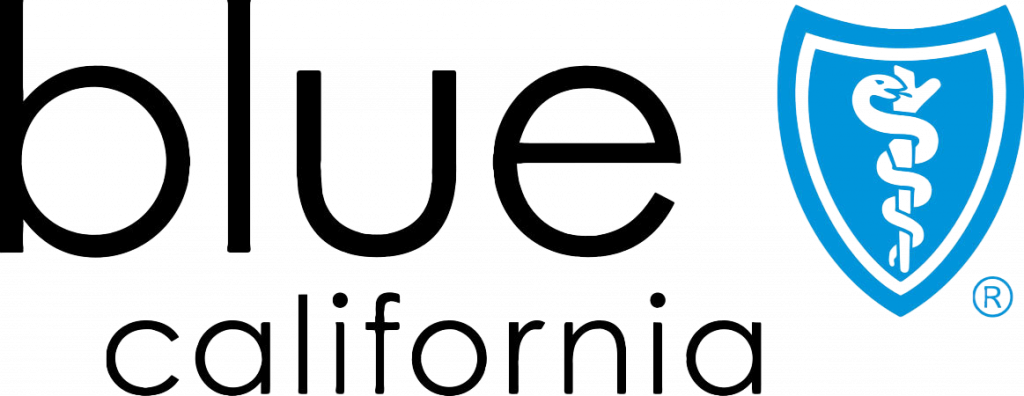Obsessive-Compulsive Disorder (OCD) is a condition in which a person’s life is interrupted or ruled by a cycle of obsessions and compulsions. It’s a common, yet misunderstood condition. Many people self-diagnose themselves as “OCD” when casually remarking on preferences concerning things like cleanliness. An official OCD diagnosis is characterized by severe distress and an inability to function normally if conditions imposed by their illness are not met.
Compulsions are defined as repetitive behaviors that an individual with OCD ritualizes, such as turning a light switch on and off or washing their hands until they are raw. Obsessions, on the other hand, are clinically defined as the irrational thoughts or fears that someone with OCD could experience. These obsessions could include wanting everything to be symmetrical or having an irrational fear of dirt.
OCD affects around 2% of the population and it is equally prevalent among males and females. However, specific types of obsessive-compulsive disorders, such as pulling out hair, may be more common in females.
People suffering from Obsessive-Compulsive Disorder can experience obsessions and compulsions, either concurrently or separately. An effort to try and abstain from their habits or compulsions can cause anxiety. This often makes it “easier” for someone affected with OCD to continue participating in compulsive behavior, rather than struggling with the bouts of intense anxiety that often follow attempts to return to normal functioning without professional help.









